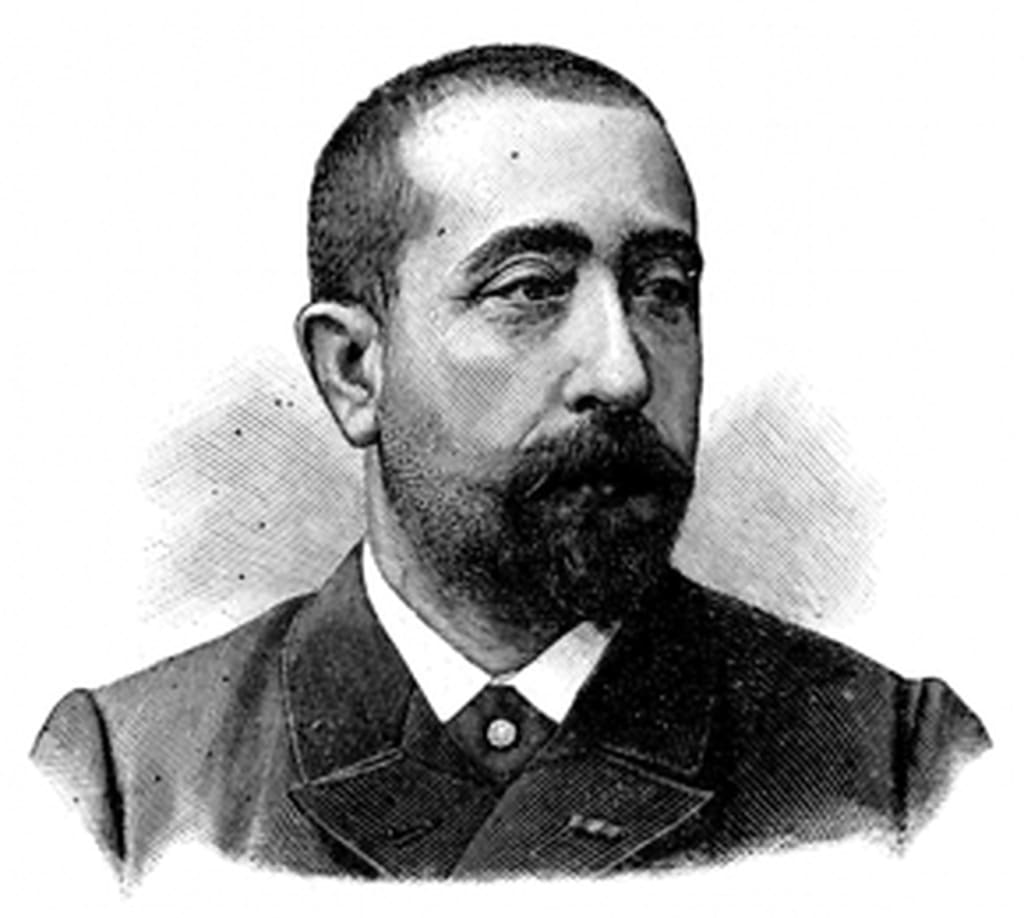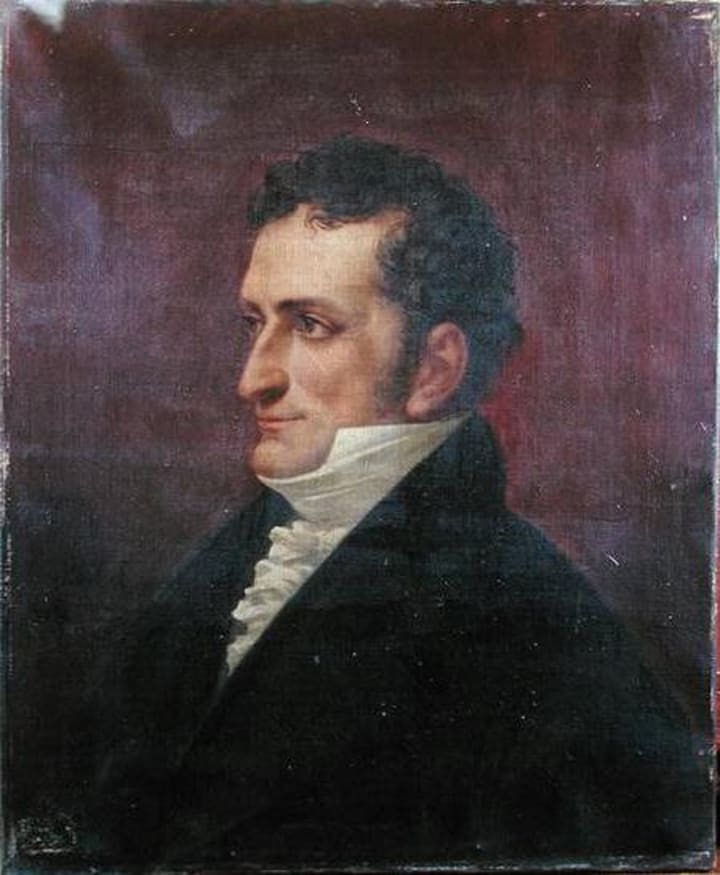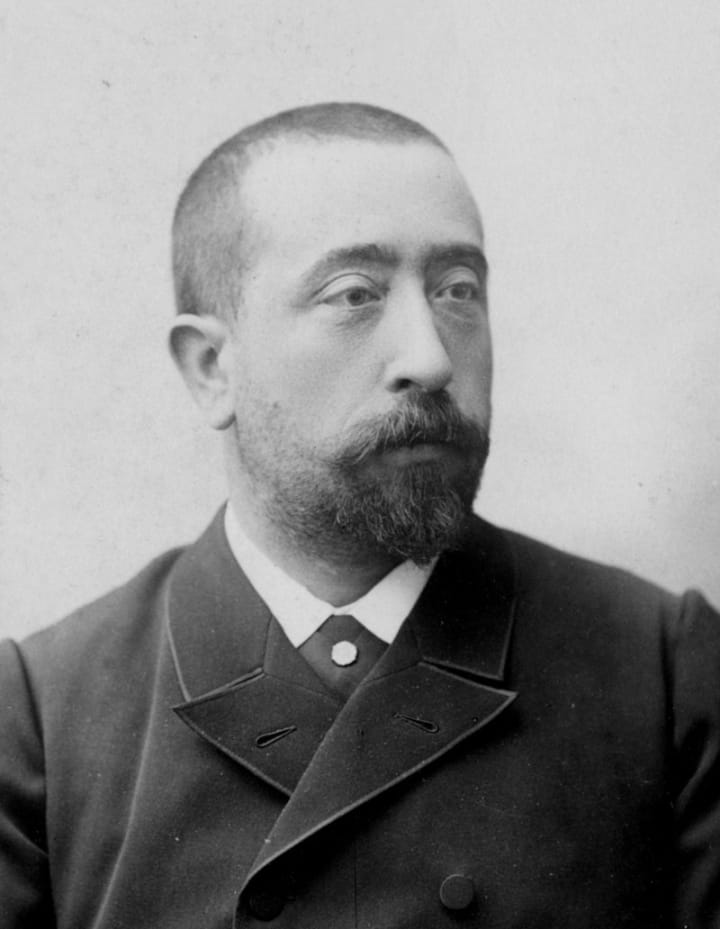The History of Tourette Syndrome
What is it and how was it discovered?

Tourette Syndrome, according to the National Institute of Health, is a neurological disorder that is characterized by repetitive, involuntary movements and vocalizations. Most people with Tourette Syndrome begin to show symptoms between the ages of 3 and 9 and affects males three to four times more than females. The National Institute of Health estimates that around 200,000 Americans have the most severe form of Tourette Syndrome and estimates that as many as 1 in 100 Americans may have a mild form of the disorder.
There are two types of tics that are associated with Tourette Syndrome, simple and complex, and can be either vocal or motor tics. Some examples of simple motor and vocal tics include facial grimacing, eye blinking, throat clearing, and grunting sounds. Some examples of complex motor and vocal tics include facial grimacing combined with shoulder shrugging and may also include saying certain words and phrases. The tic that is thought of the most when think of Tourette Syndrome is coprolalia or the saying of inappropriate words, such as swearing. It is important to note that this tic only affects between 10-15% of individuals with Tourette Syndrome and that those who have Tourette Syndrome cannot control it.

The first reported case of Tourette Syndrome was recorded by Dr. Jean Marc Gaspard Itard in 1825. In his account, he described the condition of a woman of french nobility known as Marquise de Dampierre, later identified as Ernestine Émilie Prondre de Guermantes. The condition which he described her to have had would later be known as Coprolalia.

Jean-Martin Charcot had a student named Georges Gilles de la Tourette and assigned him to study patients with movement and tic disorders at the Pitié-Salpêtrière Hospital in Paris, France. Their goal was to "define a condition that was distinct from hysteria and chorea." After observing nine different patients Tourette published the Study of a Nervous Affliction in which he concluded that a new clinical category should be defined, which would later be known as Tourette Syndrome.
Since this classification was made, the understanding of what Tourette Syndrome is and how to better diagnose it has grown substantially. Through all of these developments, it is still unclear as to what exactly causes Tourette Syndrome to occur. The current theory is that it is caused by abnormalities in certain regions of the brain but the full explanation is believed to be extremely complex.
I was diagnosed with a mild form of Tourette Syndrome when I was in elementary school and have had a wide variety of tics throughout my life so far. My tics have ranged from eye blinking, to facial grimacing, to even a loud barking cough. My tics over the years have become milder but I find that I do them even less frequently when I am researching genealogy. I find that if I am able to concentrate on something for a long time, I don't tic or tic significantly less than I do normally. This is different from when someone suppresses their tics as this usually leads to a build up of tics and can lead to the tics becoming worse later on in the day as I have seen in my own experience with doing so. Unfortunately, finding something to concentrate on does not work for everyone with Tourette Syndrome and it does not always work for me but it is one of the ways that some people with tic disorders have learned to cope with having this disorder.
If you or someone you know has been diagnosed with Tourette Syndrome please consider visiting the Tourette Syndrome Association of America’s website as they provide a lot of information and support to those with Tourette Syndrome.
About the Creator
Bradley Greenland
Bradley Greenland is a freelance genealogist looking to tell the stories hidden in your family tree.






Comments
There are no comments for this story
Be the first to respond and start the conversation.